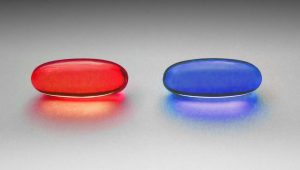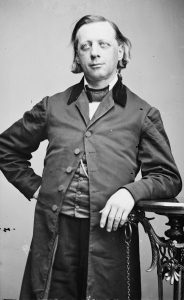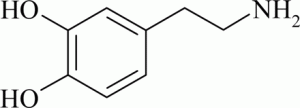
Why does the placebo effect work? Photo courtesy of W. Carter via Wikimedia Commons
The placebo effect is an amazing thing. What is going on for patients to feel better when they’ve been given nothing but a sugar pill? Is it ‘all in their heads’ or are there real changes occurring in their bodies? The placebo effect is thought to be somewhat of a sham by many. Has your pain really been treated if you are given a sugar pill you believe to be a pain killer? What if you rate your pain as decreased? Some people would argue no, but lets take a closer look at what that means.
The placebo effect was first described by a Dr. Henry Beecher, who was treating soldiers in the field during World War II. After running out of morphine, Dr. Beecher administered shots of saline solution instead without telling the soldiers. To his surprise, nearly half of them reported their pain had decreased. What he was witnessing was actually what we now call the placebo effect. Even today though, there are still a lot of unknowns surrounding the subject.

Dr. Henry Beecher. Photo courtesy of Mathew Brady via Wikimedia Commons
One explanation for the placebo effect could be the ‘subject -expectancy effect”. Simply put, you thought the pills would make you feel better, so you felt better after taking them. Another explanation is that those susceptible to the placebo effect have been conditioned to feel better when taking medication. Perhaps these theories do hold some truth but what is really amazing about the placebo effect is that studies have shown actual changes in brain chemistry after a placebo has been taken. Studies have shown that taking a placebo can actually lead to increases in dopamine levels in the brain, acting similarly to how the actual drug should work.

The structure of dopamine, which can increase in your brain after taking a placebo pill. Photo courtesy of Wainscott DB1, Little SP, Yin T, Tu Y, Rocco VP, He JX, Nelson DL. via Wikimedia Commons
Whatever the mechanism behind why the placebo effect works the way it does, if it does improve symptoms, isn’t that enough to label it as ‘real’ or ‘effective’?
References:
http://www.health.harvard.edu/blog/the-placebo-effect-amazing-and-real-201511028544
http://science.howstuffworks.com/life/inside-the-mind/human-brain/placebo-effect.htm
http://www.brainfacts.org/sensing-thinking-behaving/mood/articles/2012/the-power-of-the-placebo/

